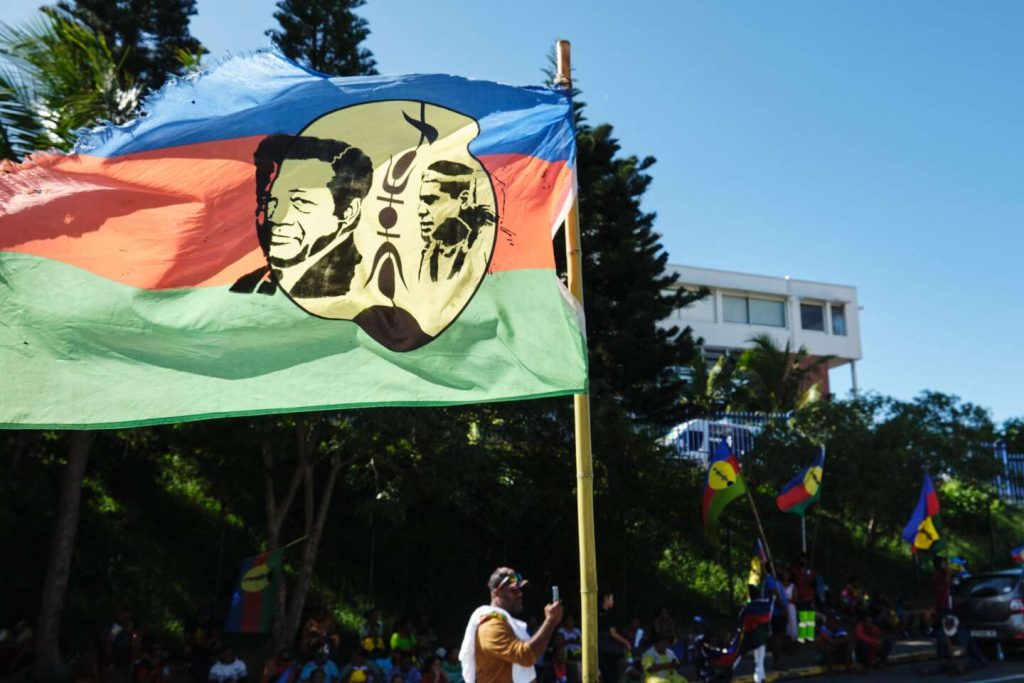The violent riots that have been shaking New Caledonia since Monday 13th May have escalated due to tensions that have been brewing for several months. These riots erupted as the French National Assembly was about to vote on a constitutional revision proposing an electoral reform strongly contested by the island’s independence movement. A state of emergency was declared on Wednesday 15th May after three days of violence that resulted in five deaths, including two gendarmes, and hundreds of injuries. The underlying reasons for these riots stem from deep-seated community tensions in New Caledonia.
The main communities in New Caledonia are the Kanak, descendants of the original inhabitants of the archipelago, and the “Europeans,” who are divided into two categories: the Caldoches, descendants of white settlers who have been on the island since the 19th century, and more recent arrivals from Metropolitan France, derogatorily referred to as “Metro” or “Zoreill.” These communities face significant economic inequalities, with a large portion of the Kanak population being economically disadvantaged compared to the Europeans. This disparity has fueled resentment and conflict, especially in terms of employment opportunities.
The recent violence was sparked by the proposed “thawing” of the electoral body in New Caledonia. Since 2007, electoral lists for local elections have been frozen at their 1998 state, excluding recent arrivals who make up 20% of the population. A constitutional reform was proposed to unfreeze the electoral body and incorporate more residents into the electoral process. However, this move was met with strong opposition from the independence movement, fearing that it would dilute the electoral power of the Kanak community, as elections determine the composition of local assemblies and government.
The two main factions in New Caledonia are the independence movement led by the FLNKS and the loyalists who oppose independence. The FLNKS, a coalition of independence parties, has been advocating for the rights of the Kanak people and opposing the electoral reforms. On the other hand, the loyalists, who are predominantly conservative and right-wing, support the government’s proposed electoral changes. The violence and clashes between these groups have intensified in recent months, leading to the declaration of a state of emergency and further bloodshed.
The history of conflict in New Caledonia dates back to the 1980s when the independence movement gained momentum. This period saw a quasi-civil war between the indigenous Kanak people and the loyalist factions, resulting in significant casualties and violent clashes. The signing of the Matignon Accords in 1988 aimed to restore peace by addressing social and economic imbalances between the communities and granting greater autonomy to the territory. However, tensions have persisted, leading to ongoing struggles for independence and autonomy.
The series of referendums on independence held in New Caledonia have reflected the deep divisions within the community. While the vote has consistently leaned towards remaining part of France, the margin of victory has narrowed in recent years. The distinct voting patterns across communities highlight the ongoing challenge of reconciling the different aspirations and interests of the diverse population in New Caledonia. As the region grapples with renewed violence and instability, finding a sustainable resolution to the longstanding conflict remains a pressing issue.


